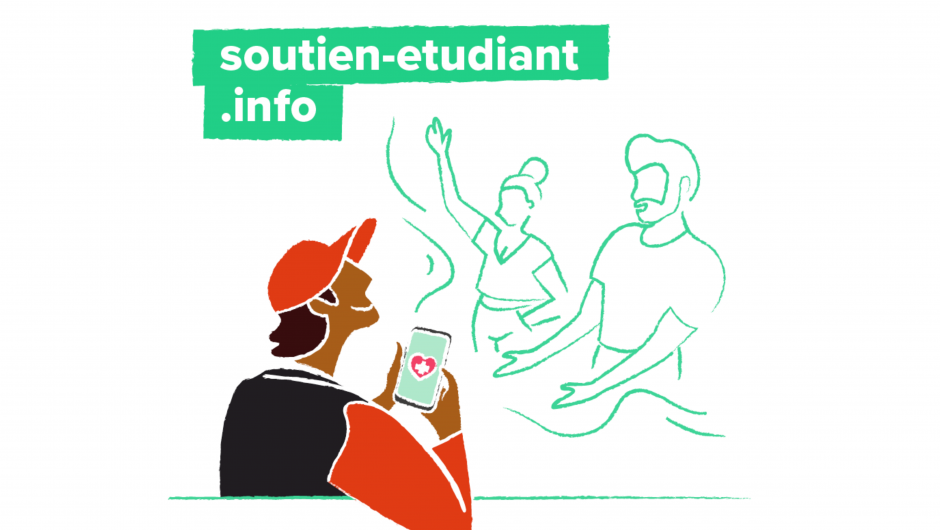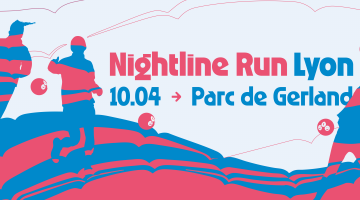student-support.info has been refreshed

It was tough being 20 in 2020… but it’s still tough in 2021
Last year, Emmanuel Macron emotionally told us that it was tough being 20 in 2020: “c’est dur d’avoir 20 ans en 2020”. And while it definitely was, these difficulties are felt just as much by students outside of lockdown. At Nightline we know this better than anyone: calls to our listening service have only gone up since early 2020, and the same is true for the number of visitors on student-support.info. Although the website was initially designed to help students locate the few support services which were still available remotely during the pandemic, it is currently proving to us that students generally don’t really know who to go to for support: lockdown or no lockdown.
A refreshed census of student mental health support
With traffic to our support websites persisting, Nightline has therefore dedicated resources to a full refresh of their contents. The most recent survey took place in November 2021, and guarantees the accuracy of all the information on the website at that point in time. Namely, on the page named “Available support services”, one PDF file is available for each French académie with a list of local services, and each service listed in these files has been checked by a specialised team of campaigners.
Since the previous website update dates back to the lockdown days, the file for each académie has seen lots of phrases such as “in-person appointments only when absolutely necessary” turn into “in-person appointments where possible”. Nevertheless, the possibility of remote appointments has been discussed with each service, and when they are possible, it is mentioned in the files. In some cases, this could allow for students currently on a placement or an international exchange to remotely access support at their home university.
The census and the update were carried out over two weeks by a dedicated team of four full-time campaigners, who worked region by region and contacted every service to make sure their details were up-to-date. In almost every case, this contact was made over the phone or by email, rather than just by checking the service’s website: this made sure that the team had the most recent information to hand, directly from the people working there. At the moment, with the evolving situation of the pandemic, we’ve noticed that many services have rapidly changing practical details: some Covid-specific services are closing, others are recruiting additional staff, and some are hoping to adapt to changing demand in the near future. Every service is getting used to in-person work again; this means that there are a lot more physical addresses in the files.
Helping students navigate the sea of available resources
The support services listed on the website come from a number of different sectors. Each local file contains associations, university health centres (SSU/SUMPPS), professional listening and guidance services within institutions, public psychological centres (CMP), as well as youth support centres such as MDAs (Maisons des Adolescent·e·s) and PAEJs (Points Accueil Ecoute Jeunes), and even some student-run peer support initiatives, such as Nightline. Not every service is open to everyone—they’re sometimes restricted to students at a certain school, to a certain age group, or to a certain area of residence. These eligibility criteria are always indicated on the website. We’ve also taken care to list what languages the staff speak in each service. On student-support.info, we’ve listed all the ones that told us they could speak at least a bit of English, but on the French website soutien-etudiant.info, you’ll find the full list of the services that are currently open along with the languages they speak.
In each case, the services listed are 100% free to access and do not require advance or up-front payment. The methods for booking or accessing the support are explained in the documents as well.
Because student mental health support services are always evolving, it may be that you come across information on the website which is out of date. You may also know of additional services that we haven’t listed! In either case, feel free to reach out to us at this email address. We’ll be happy to hear your feedback and are eager to continue offering the most comprehensive and up-to-date information we possibly can.
This new census has been funded by the French Ministries for Health and for Higher Education, which we thank for their continued support.


